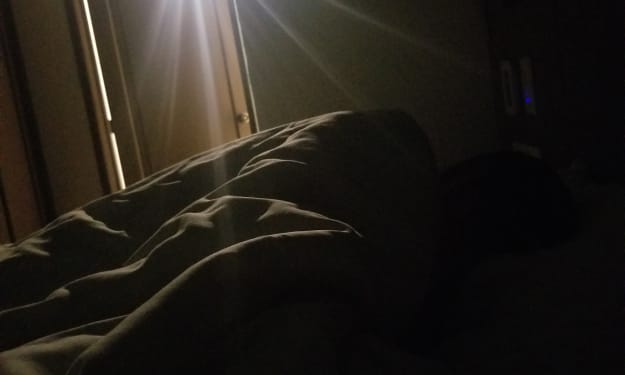Video Games & Hypothetical Communication Law Analysis
A hyphothetical analysis on how to vet law without interfering with freedom of expression and speech


In answer to the Public Act No. 235 signed into law by the governor of Catatonia, there are flaws within the written text that can deem this act unconstitutional. Laws that will define a possible restraint on freedom of expression need to be strictly vetted for language that is content-neutral. Reviewing the language of Public Act No. 235 this law is not content-neutral when held up to the strict scrutiny test.
Applying different vetting procedures, there is too many content-specific, hypothetical circumstances to the effects of violent video games used and played by minors. In the introduction of the act, article A, the phrase “particularly atrocious violence” is too open for interpretation as to what one person might consider atrocious compared to another person. This is too broad of a phrase with pointed, content-specific language but no clarity to the limits of violence that will be seen as a high level of atrocity. This over-reaching term could encompass other video game content that is not intended to be affected by this law.
Addressing article B of the introduction, the overbreadth doctrine is adhered too in that fear of possible outcomes to youth and their health by playing “violent video games”. Claiming outcomes such as “lethargy, a decline in academia, and obesity” sweep under the rug youths that do not contract these conditions or side-effects from playing these video games. This over-arching condemnation that these video games cause these issues can inadvertently affect others freedom of expressions by overstepping unintentionally with the overbreadth doctrine applied to this particular point.
This law violates freedom of expression as to what they are exposed to within their private homes. Many of these youths being exposed to this type of entertainment do so in the presence of their parents. It is the parent’s constitutional right to regulate the extent of the freedom of expression for their minor child within their own homes and free time.
Addressing the introduction of Sec. 1 the court sees here that the definition of a minor as 18-years-old or younger to be fine; however, as will follow what is defined as “violent” to some is not always violent to others once again. There is ambiguity in the doctrine of what is to be clear as to what would constitute a violent video game. The ESRB (Entertainment Software Rating Board) has created seven designations for video game maturity levels. This is up to the retail companies to enforce purchasing content. There is not a line drawn clearly within the confines of the vagueness doctrine to establish what is sellable and not sellable to a minor in the entirety of Public Act No. 235.
This court will address Sec. 1 Article A on the definition of “Violent Video Games”. Once again one person’s perception of intense violence is too vague compared to another person’s perception of violence. The entire act produces facial challenges as to how this restriction and freedom of entertainment expression will affect others that are not adversely affected by the state’s legislatures perceived drawbacks to minor’s exposure to “violent video games”. This subject could prohibit other sectors of gaming that are not intended to be hindered based on this Public Act No. 235.
As to address Sec 2, there is nothing that is seen as over-reaching in the stipulations for sentencing and fines. But, then once again the act contradicts itself with creating an exception based on broad, vague interpretation to double these fines and sentences based on violence levels within the game. The basis of this hypo analysis is to look at the basic facts presented and compare it to the constitutional rights and freedom of expression federally protected by the U.S. Constitution in the First Amendment.
In conclusion, this act contains too many conflicts in language and perception of that which it intends to regulate. Public Act No. 235 is deemed unconstitutional by this court.
About the Creator
Kim Stambaugh
The Frontier is how you challenge your boundaries. There is nothing simple, normal, or wrote in life. We each have a path, and it's unique. Struggles and passions alike, how you live your life dictates the legacy that you will leave.






Comments
There are no comments for this story
Be the first to respond and start the conversation.